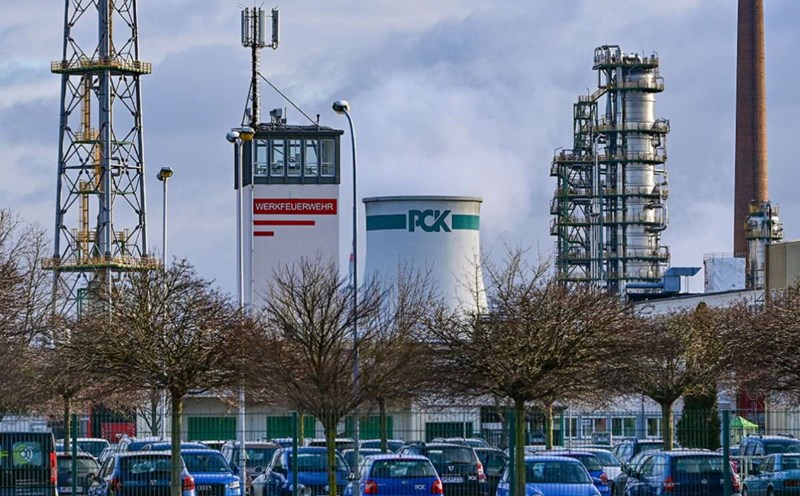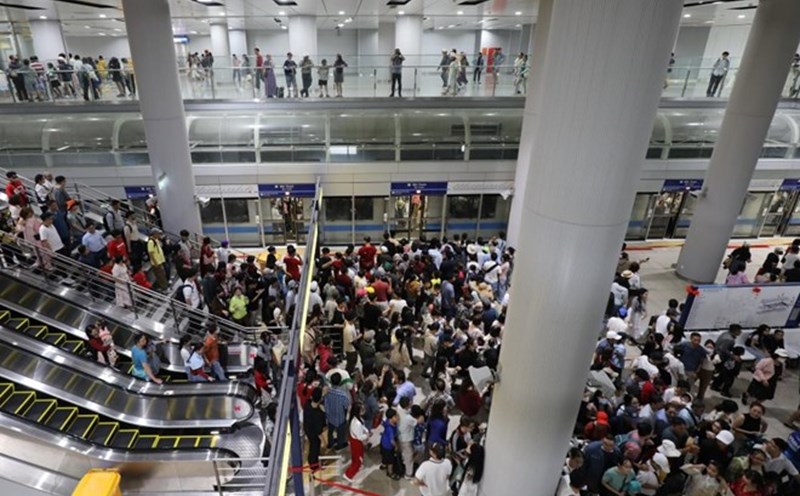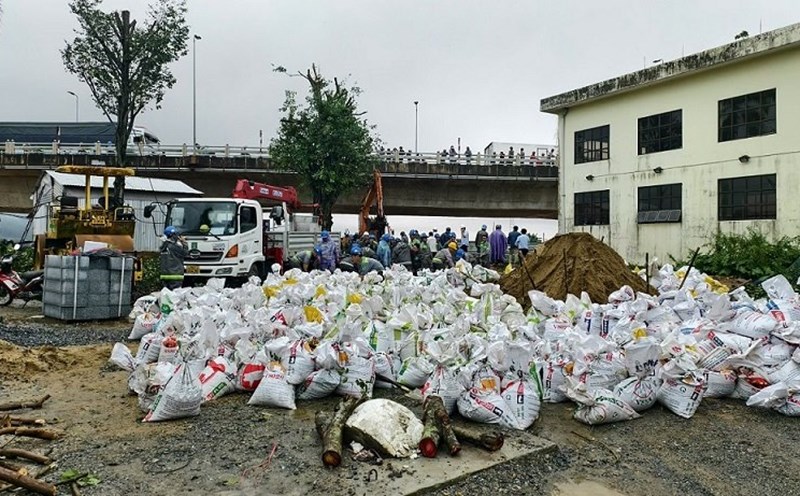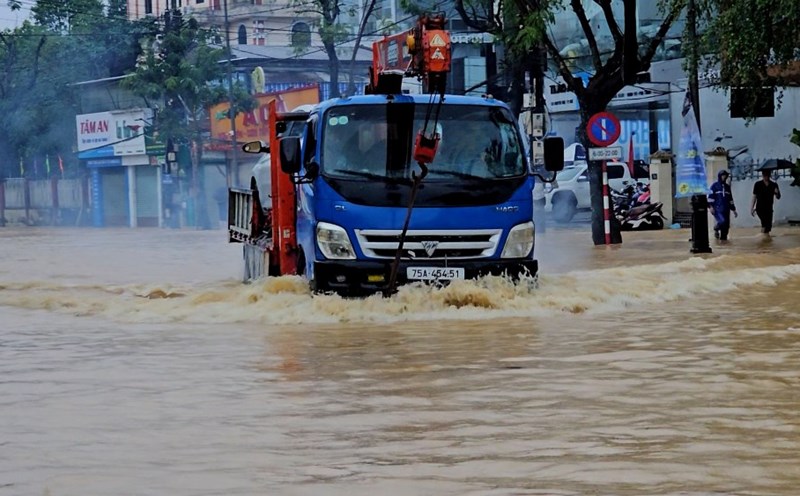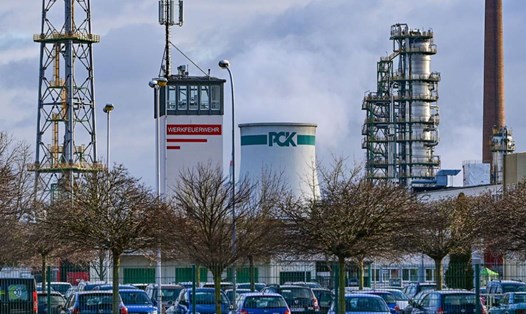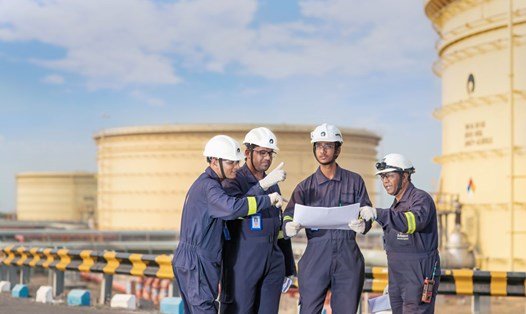The sabotage of the Russian gas pipeline Nord Stream in 2022 - one of the most mysterious incidents in post-war Europe - has entered a new chapter when a Ukrainian suspect continues to appeal an extradition order to Germany.
On October 27, the Bologna Appellate Court (Italy) issued a ruling allowing the extradition of Ukrainian citizen Serhii K. to Germany - where the subject was accused of coordinating the sabotage of the Nord Stream and Nord Stream 2 pipelines connecting Russia and Germany in 2022.
However, defense lawyer Nicola Canestrini said he would continue to appeal to the Italian Supreme Court of Cassation, suspending the extradition process.
We will not stop until an independent court fully considers all aspects of international law and human rights in this case, Canestrini affirmed, stressing that his clients actions carried political value and deserved to be exempted from prosecution.
According to the German prosecutor, Serhii K., a former Ukrainian military officer, was accused of participating in a group of devices placed at the seabed near the island of Bornholm (denmark). This person was prosecuted for the crimes of: collusion in explosions, sabotage of the constitution and destruction of critical infrastructure.
Serhii K.'s case comes just weeks after the Polish court rejected a request to extradite another Ukrainian suspect involved in the same case and issued an immediate release order for the person.
Poland's decision has created a legal precedent that the Italian defense is expected to cit when appealing, arguing that extradition could violate human rights and political independence.
Meanwhile, the German prosecutor's office declined to comment on the proceedings in Italy, only asserting that it was "still collaborating with European authorities to seek the truth about Nord Stream".
The explosions in September 2022 severely damaged the Nord Stream 1 and 2 pipelines - a key gas pipeline from Russia to Europe - causing regional energy supplies to fall into crisis.
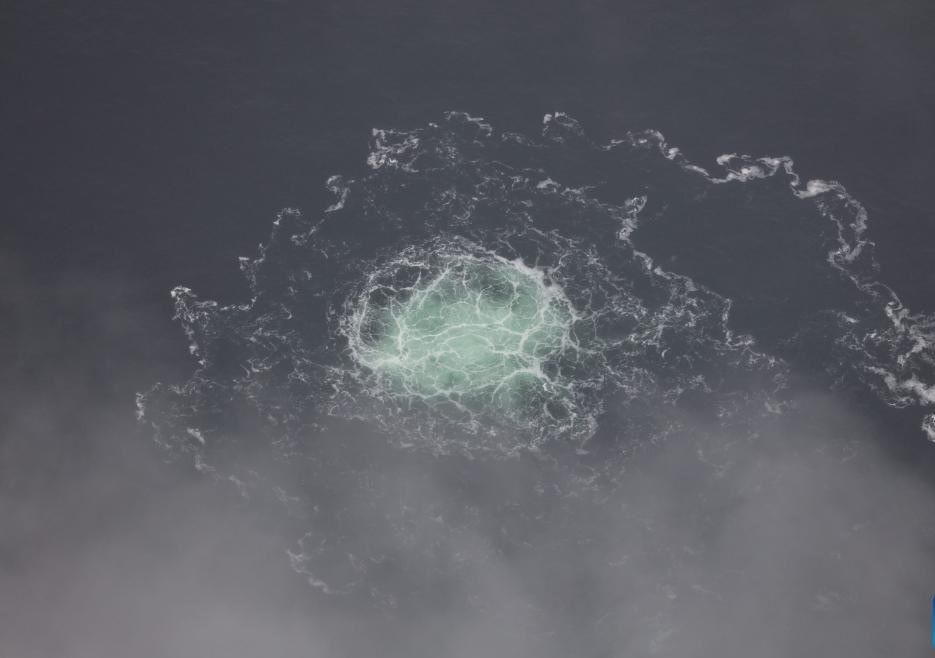
Since the explosion, a series of theories have been put forward - from the hands of Russia creating the energy crisis, to the Western special operations or the pro-Ukrainian independent militia. However, after more than 3 years, no authentic evidence has been published.
Germany, Sweden and Denmark have all opened separate investigations, but so far neither country or organization has claimed responsibility.
Russia called it an act of international terrorism, while Ukraine and its Western allies denied any involvement.
The Nord Stream case has completely changed the energy security situation in Europe, forcing the EU to accelerate the diversification of supply and reduce dependence on Russian gas.
Meanwhile, the heating up legal debate surrounding Serhii K. between Itay, Germany and Poland shows that political and legal cracks in the EU are still deep, especially regarding the issue of Ukraine and Russia.

